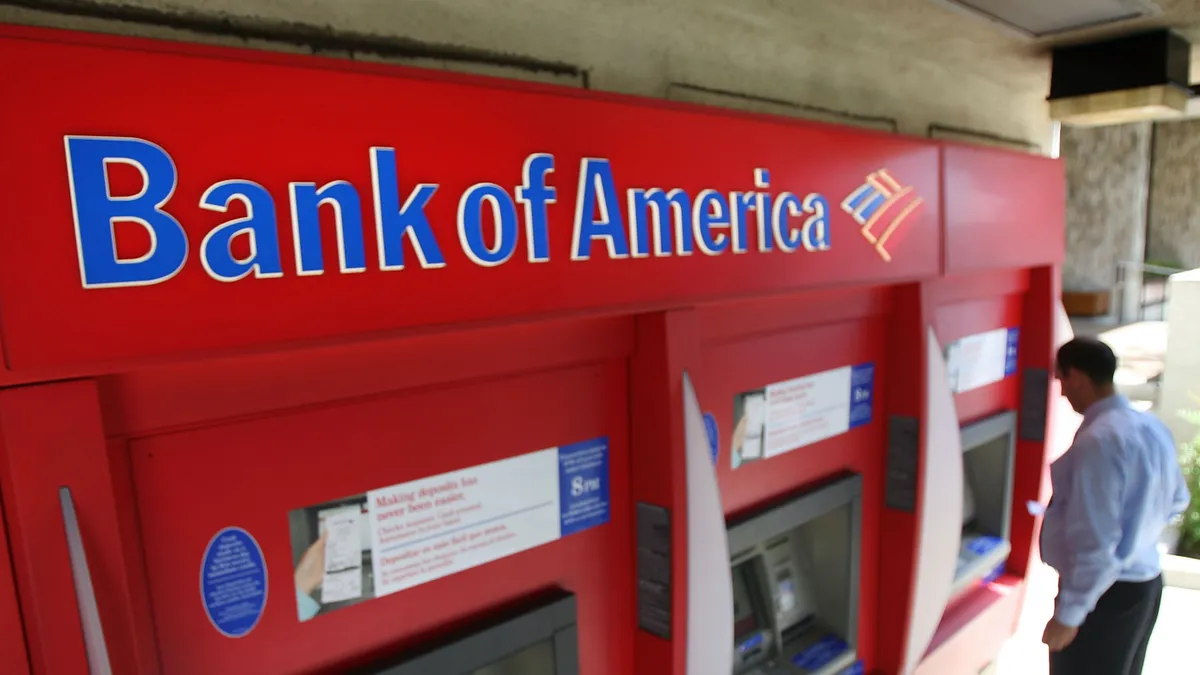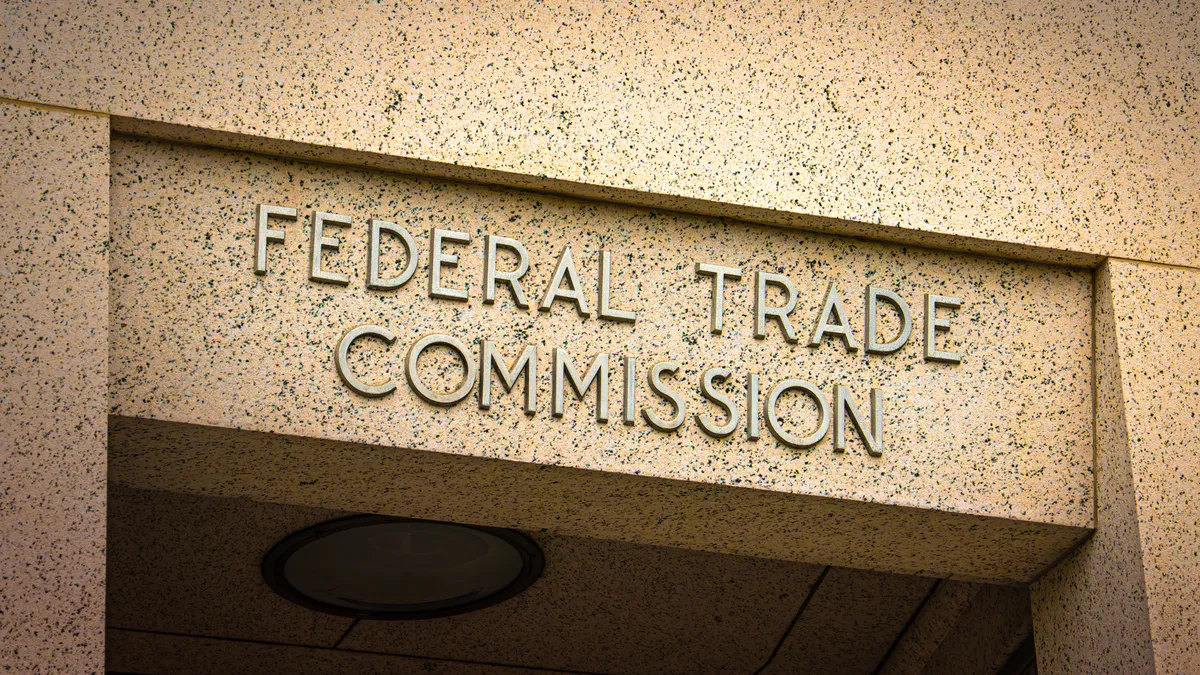Dive Brief:
- Bank of America is responding to a Consumer Financial Protection Bureau inquiry related to the bank’s processing of electronic payments through Zelle, the lender disclosed Tuesday in a quarterly filing with the Securities and Exchange Commission.
- The CFPB has reached out to the bank seeking to resolve the inquiry or file an enforcement action, and the bank “is evaluating next steps, including litigation,” it said in the filing.
- The Charlotte, North Carolina-based lender is also in touch with “several of its federal regulators” related to aspects of the bank’s Bank Secrecy Act/anti-money laundering and sanctions compliance programs, “including transaction monitoring, training, governance, and customer due diligence,” according to the filing.
Dive Insight:
Bank of America “has been, and plans to continue, implementing enhancements” to its AML/BSA and sanctions compliance programs, as it cooperates with regulators, the lender said in Tuesday’s filing.
The bank’s discussions with regulators continue, “and resolution of these discussions may include one or more public orders by the regulators,” the filing noted. The bank doesn’t, however, expect the issues to carry a material adverse financial impact.
A Bank of America spokesperson declined to comment Wednesday on either of the disclosures.
Bank of America’s Zelle-related disclosure follows those from Wells Fargo and JPMorgan Chase earlier this year. Those banks specifically noted inquiries related to the handling of customer disputes over funds sent through the peer-to-peer payments network, but Bank of America didn’t mention disputes in its disclosure.
JPMorgan, in its second-quarter filing, said it’s weighing litigation in response to the CFPB’s inquiry.
There’s been plenty of debate around who bears responsibility when bank customers report being scammed or defrauded. Democratic lawmakers in August introduced legislation aiming to expand the circumstances under which consumers are protected through the Electronic Fund Transfer Act.
JPMorgan CEO Jamie Dimon chimed in earlier this week, noting a system where banks are responsible for every payment knowingly sent. “The moral hazard of that is just extraordinary,” he said.
A spokesperson for Zelle didn’t immediately respond to a request for comment. Zelle is operated by Scottsdale, Arizona-based Early Warning Services, which is owned by JPMorgan, Wells Fargo, Bank of America, PNC, Capital One, Truist and U.S. Bank.
The CFPB also didn’t immediately respond to a request for comment.
On the AML compliance front, Piper Sandler analyst Scott Siefers pointed to a similar situation recently at Wells Fargo, which was hit with an enforcement action in September by the Office of the Comptroller of the Currency over AML and sanctions issues.
“Our hope is that [Bank of America’s] experience could follow a similar path” to that of Wells, in terms of a resolution “in short order, and hopefully with no financial penalties,” Siefers wrote in a Wednesday note.
The OCC said it found deficiencies in several areas of Wells Fargo’s controls and practices, including suspicious activity and currency transaction reporting, customer due diligence and Wells’ customer identification and beneficial ownership programs. The formal agreement, which did not come with a fine, tasked Wells with improving internal controls, policies and procedures, reporting, and management and board accountability around AML and sanctions practices.
In the wake of that development, analysts wondered if other banks could face similar regulatory scrutiny. In Bank of America’s second-quarter filing, the bank added “the adequacy of the Corporation’s anti-money laundering and economic sanctions program” to a list of uncertainties and risks.
“Now that multiple large banks have made this type of disclosure, we suspect investors will conclude that these BSA/AML inquiries are part of a broader and heightened regulatory focus on this issue as it raises the bar on risks & controls rather than signs of company-specific deficiencies,” Siefers wrote.








